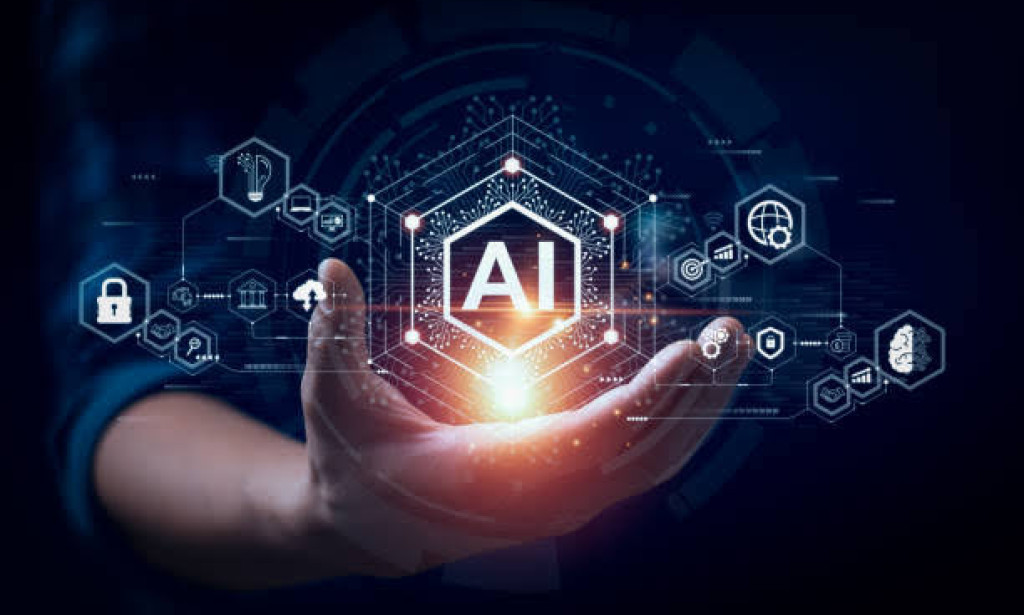Artificial Intelligence: A Friend or a Foe?
Artificial Intelligence (AI) has become an integral part of our daily lives, influencing various sectors from healthcare to entertainment. As AI continues to evolve, it raises an essential question: is AI a friend or a foe?
AI as a Friend
AI offers numerous benefits that can greatly enhance our lives. In healthcare, AI algorithms can analyze vast amounts of data quickly, leading to early diagnosis and personalized treatment plans. This capability can improve patient outcomes and make healthcare more efficient. For instance, AI systems can identify patterns in medical images that might be missed by human eyes, leading to early detection of diseases like cancer.
In the realm of daily convenience, AI powers virtual assistants like Siri and Alexa, which help manage tasks, provide information, and even control smart home devices. These technologies save time and make everyday life more manageable. In industries such as finance, AI enhances fraud detection and automates trading, making financial systems more secure and efficient.
Moreover, AI contributes to advancements in transportation through self-driving cars, which promise to reduce accidents caused by human error. In environmental science, AI helps in monitoring climate change and optimizing renewable energy sources, contributing to a more sustainable future.
AI as a Foe
Despite its benefits, AI also presents significant challenges and risks. One major concern is job displacement. As AI and automation advance, many jobs, especially those involving repetitive tasks, are at risk. This could lead to significant economic and social upheaval, as workers may struggle to find new roles in an AI-dominated market.Privacy and security are also critical issues.
AI systems often require access to large amounts of personal data, raising concerns about how this information is used and protected. There is a risk of data breaches and misuse of information, leading to potential harm to individuals' privacy and security.Ethical considerations are another significant challenge.
AI systems can sometimes perpetuate and even amplify existing biases present in their training data, leading to unfair outcomes in areas like hiring, law enforcement, and lending. Ensuring that AI systems are fair and unbiased requires constant vigilance and robust regulatory frameworks.Moreover, the development of AI in military applications raises the specter of autonomous weapons systems, which could make life-and-death decisions without human intervention. This potential for AI to be used in warfare poses severe ethical and security risks.
Conclusion
AI is a double-edged sword, offering both tremendous opportunities and substantial risks. Its potential to improve healthcare, enhance convenience, and solve complex global issues positions it as a powerful ally. However, the threats it poses to employment, privacy, and ethical standards cannot be ignored.
As we continue to develop and integrate AI into our lives, it is crucial to establish robust ethical guidelines and regulatory measures to mitigate its risks. By doing so, we can harness the benefits of AI while safeguarding against its potential downsides, ensuring that AI remains a friend rather than becoming a foe.

You must be logged in to post a comment.